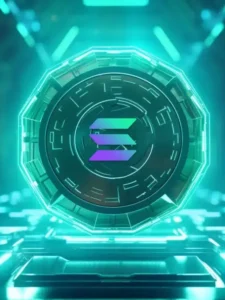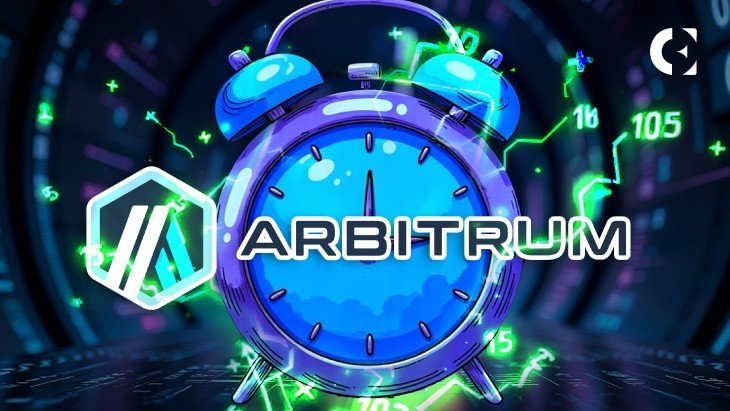The Arbitrum project has launched Timeboost, a new way to order transactions, on its Arbitrum One and Nova networks. The system adds ‘express lane’ bidding for faster transaction processing, while keeping the network’s mempool private.
At the same time Arbitrum rolled out Timeboost, it also announced Converge – a new, separate blockchain designed specifically for tokenized real-world assets, or RWAs, and decentralized finance (DeFi). These moves mark a major step in Arbitrum’s infrastructure expansion as activity heats up across Ethereum Layer 2s.
Timeboost is now live on Arbitrum One and Nova.
This new transaction ordering policy allows users to bid for express lane access, which provides faster transaction inclusion while maintaining Arbitrum a private mempool.
Why it matters. 👇 pic.twitter.com/NpYwRwGL8s
— Arbitrum (@arbitrum) April 17, 2025
How Does Arbitrum’s Timeboost Work?
Focusing on Timeboost, this new policy allows users to bid for faster transaction processing on Arbitrum One and Nova, aiming to cut down network delays. Instead of creating speed races, the system offers an optional express lane for bidders. According to Arbitrum, this setup keeps the mempool private, reducing risks like front-running and sandwich attacks common on public blockchains.
Beyond transaction ordering, Timeboost also creates a new revenue stream for the Arbitrum DAO, the project’s governing body. By tying priority to bids, the network balances speed with efficiency and user privacy.
What is the New Converge Blockchain?
Arbitrum’s broader ecosystem has expanded with the launch of Converge, a new blockchain co-developed by Ethena Labs and Securitize. The platform is designed to handle transfers and processing for RWAs and on-chain finance. A total of $7 billion in assets is migrating to Converge at launch: $5 billion in Ethena’s USDe synthetic dollar reserves and $2 billion from Securitize’s tokenized assets.
Instead of using a volatile native asset for transaction fees, Converge will rely on stablecoins, specifically USDe and USDtb, to maintain consistent gas costs. This approach targets accuracy and affordability for businesses handling tokenized assets.
Transactions on Converge will settle on Celestia, while Layer 1 will handle stablecoin and NFT transfers. The chain will start with 100-millisecond block times, with upgrades planned to cut that further to 50 milliseconds.
And for security and development, security on Converge will come from validators staking sENA, a staked version of Ethena’s native token. Developers also get the planned Stylus upgrade, allowing smart contracts in various languages, including Solidity, Rust, C, and C++.
Disclaimer: The information presented in this article is for informational and educational purposes only. The article does not constitute financial advice or advice of any kind. Coin Edition is not responsible for any losses incurred as a result of the utilization of content, products, or services mentioned. Readers are advised to exercise caution before taking any action related to the company.
Read the full article here










